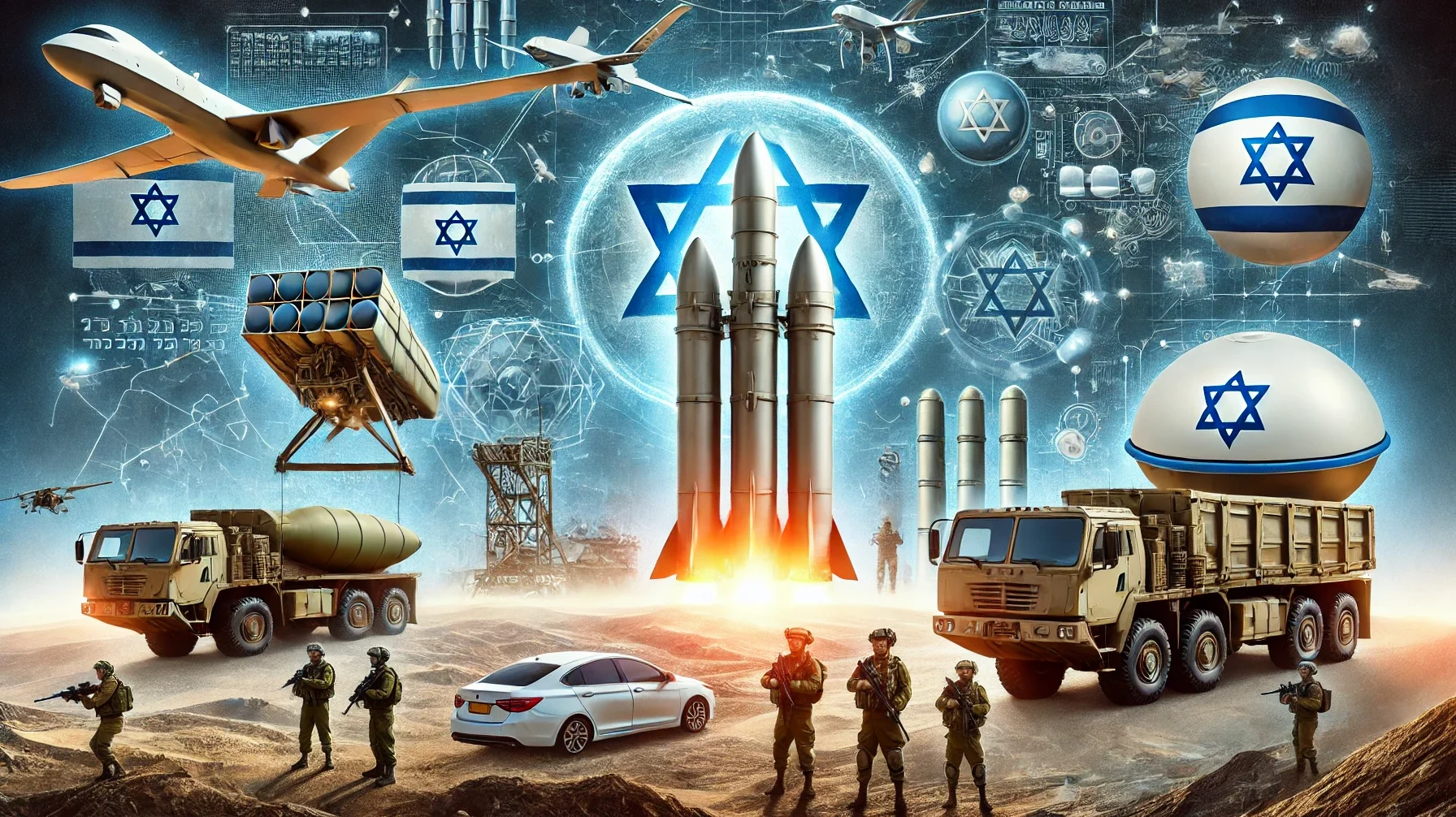Israel and the Limits of the Use of Force in the Region
Al-Ittihad, UAE, August 3
Israeli Prime Minister Netanyahu frequently touts Israel’s ability to wage wars on multiple fronts. Yet, this assertion stands in stark contrast to a strategic and security reality that suggests Israel can effectively engage only on two fronts. Recent incidents, such as those in Majdal Shams and the heightened focus on the Gaza and northern fronts, have highlighted Israel’s difficulties in managing sudden threats elsewhere. The absence of a large, conventional army compared to Israel’s adversaries, including those on the Egyptian front, masks the deeper strategic vulnerabilities Israel faces. The core issue for Israel is how to tackle both immediate and long-term threats across extensive areas. This necessitates reaching the sources of these threats and dealing with them, much like Hezbollah does periodically. Israel’s ability to move and enforce its capabilities away from conventional engagement rules is crucial, especially in the context of missile and drone warfare. This situation calls for distinct capabilities and renewed defenses. Israel does possess multiple defense systems, which theoretically equip it to repel attacks and manage current theaters of operations. However, despite these technological advancements, a significant portion of the Israeli public remains skeptical about Israel’s ability to guarantee security and stability. The failure to recover its hostages and the reality of citizens frequently taking shelter underscores these doubts. This situation persists despite Israel’s considerable investment in super-conventional capabilities, which, in theory, should protect its skies. The diversion of resources from education and health to security underscores the strain on the nation’s infrastructure. Ultimately, Israel still confronts real dangers necessitating a comprehensive review of its security landscape. Significant challenges have emerged, underscoring the limitations of Israel’s conventional military prowess in its broader regional environment. This has led to an essential question: what is the value of nuclear weapons if Israel cannot secure safety for its citizens across multiple fronts? Neighboring countries, now less reliant on traditional armies, engage through armed factions with advanced missile and drone capabilities, often supplied by Iran. This technology has penetrated deep within Israel, affecting its vital interests. The closure of the port of Eilat and the potential closures of Ashkelon and Ashdod ports could render Israel effectively landlocked. Targeting Tel Aviv would serve as a provocative message, exacerbating the exposure of Israel’s skies to both proximate and distant threats. In response, senior military figures in the General Staff have begun a serious dialogue about overhauling the current national security doctrine. This includes formulating a new strategy that accounts for the evolving threats and necessitates a realistic political and strategic assessment. Innovations in defensive systems, joint development programs with the United States, and the pursuit of advanced laser and satellite technologies indicate a potential pivot in Israeli strategy to meet these burgeoning challenges. Therefore, the solution lies in adopting innovative approaches to national defense. Military scientists are actively testing new defensive systems and exploring joint development with the United States, aiming for superior laser and satellite technologies. This shift suggests Israel will likely adopt a comprehensive new strategy, moving away from traditional methodologies in light of expanding risks. A review of its security policy is imperative, shifting from reactive measures to a proactive and confrontational strategy, aligned with the real-time challenges it faces. Conclusively, despite ongoing advancements in armaments and support from American strategic partnerships, Israeli forces are struggling to confront the surrounding challenges. Regional adversaries are effectively exhausting Israeli capabilities, threatening its very foundation. This reality necessitates not only a reevaluation of Israel’s current strategies but also an all-encompassing political and strategic overhaul. Israel must confront urgent security challenges with new strategies that extend beyond mere adjustments to current tactics and strategies, thereby ensuring a comprehensive approach to both national and regional security concerns. — Tarek Fahmy (translated by Asaf Zilberfarb)
This holiday season, give to:
Truth and understanding
The Media Line's intrepid correspondents are in Israel, Gaza, Lebanon, Syria and Pakistan providing first-person reporting.
They all said they cover it.
We see it.
We report with just one agenda: the truth.



